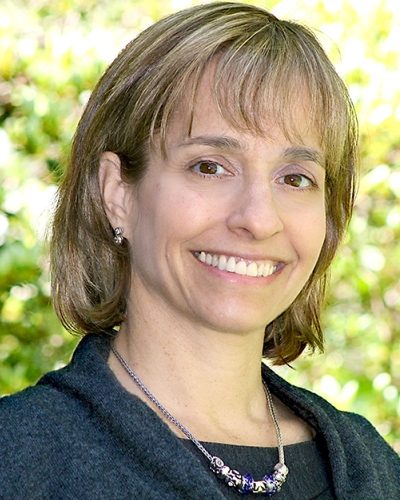I was blessed to help lead a three day mission to explore Jewish Charleston with women leaders from the Jewish Federation of Greater Charlotte. Here are my reflections on the journey:
In the Charleston of the 17th century, Jews identified themselves as a “portion of the people.” But truth be told we were a “portion of the white people.”
Charleston, South Carolina, a place where we could thrive as Jews. We could work. We could vote. We could run for office. It was a place of economic opportunity and religious freedom.
A place where the first Hebrew Benevolent Society was formed in America to care for the fatherless and the children of the poor.
Charleston, a place where history is owned – – a great history on one hand, and a horrific history on the other.
A place where history is valued so that we can create necessary change.
A place where Judge J. Waties Waring who ruled in 1951 that “segregation is inequality” could be run out of town in his day but have a Judicial Center named for him today.
A place were Jews served and fought and died in virtually every war.
A place where the first liberal Jewish congregation was created and the first Jewish prayer book written on American soil was crafted and in which a woman’s voice would be elevated. Peninah Moise wrote 64 of the hymns in that siddur.
Kahal Kadosh Beth Elohim (KKBE) has a Torah from the American Revolution and a Torah from the Holocaust. We wish it weren’t the case but the gorgeous building erected in 1840 was built in part by two slaves, Kit and George. We pray they were treated with kindness.
Charleston has a complex history. Sadly, there were Jewish slave owners and gladly, there were Jewish merchants in the Jim Crow South who welcomed an African-American clientele, addressed them with dignity, calling them Mr. and Ms., allowing them to try on items and employing them.
A Coming Street historic Jewish Cemetery holds broken columns reflecting the lives of soldiers ended before their time as they were killed in service to our country.
Charleston, a city where the first black police chief, Reuben Greenberg, could lead law enforcement by day (from 1982-2005) and a minyan at Synagogue Emanu-El at night.
Charleston, a place with a thriving Jewish studies program that knows that Jewish identity is far from monolithic.
A Holocaust Memorial in Marion Square holds an immense sculpture of only a simple tallit at its center with cut off fringes reflecting 6 million Jewish lives cast out, cut off, cremated, and murdered. It is a forlorn prayer shawl crying for help and hope with Emanuel AME Church just one block away.
On June 17, 2015, AME members welcomed a stranger Dylann Roof to Bible Study. As they bowed their heads to conclude, he opened fire killing nine of their members.
Emanuel AME Church filled with the silence of sorrow, a wound too great to fully heal, with questions abounding, and with the memory of a Pastor, ministers, sisters, scholars, friends, gone but alive.
No Bible Study missed. Worship never ceased. Questions unanswerable but we pray will be answered with our actions in the days to come.
Love, tears, guilt, silence, solemnity
Their new Pastor Reverend Dr. Betty Deas Clarke consoled us, “Out of pain, love can arise.”
May it be so.




